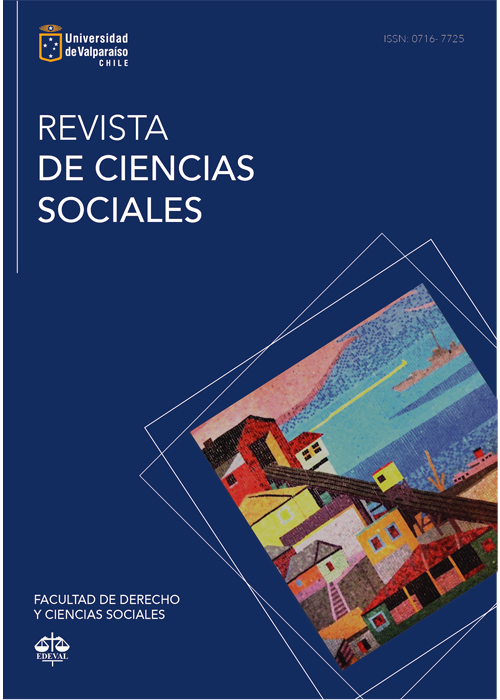LA CONTINUIDAD DEL ESTADO NEOLIBERAL EN CHILE DURANTE LOS GOBIERNOS DEL PARTIDO SOCIALISTA
DOI:
https://doi.org/10.22370/rcs.2018.72.2181Keywords:
Neoliberalism, Socialist Party, State, pattern of reproduction of capital, bourgeoisieAbstract
This research raises the question of why there is an adoption of neoliberalism during the Governments of the Socialist Party (PS). Solving it is part of an approach to study of the State as a condensation of economic and political relations. The explanatory line that is proposed as an answer to the problem is that there were two structural axes that made it impossible for the PS to generate a new form of State. On the one hand, is the economic hub which shows that the exporting pattern of specialized production was key in the Constitution of a conditionally associated bourgeoisie, as power decision-maker in the life of Chilean society. On the other hand presents the political axis: the bourgeoisie managed to universalize their project and hegemonizing in a block of power that lingered despite the democratic transition.
Both axes, the economic and the political have formed powerful structures of the Chilean State that the PS chose to manage in a flexible way, holding the same alliances of neoliberal power block.
Downloads
Downloads
Published
How to Cite
Issue
Section
License

This work is licensed under a Creative Commons Attribution-NonCommercial-ShareAlike 4.0 International License.





